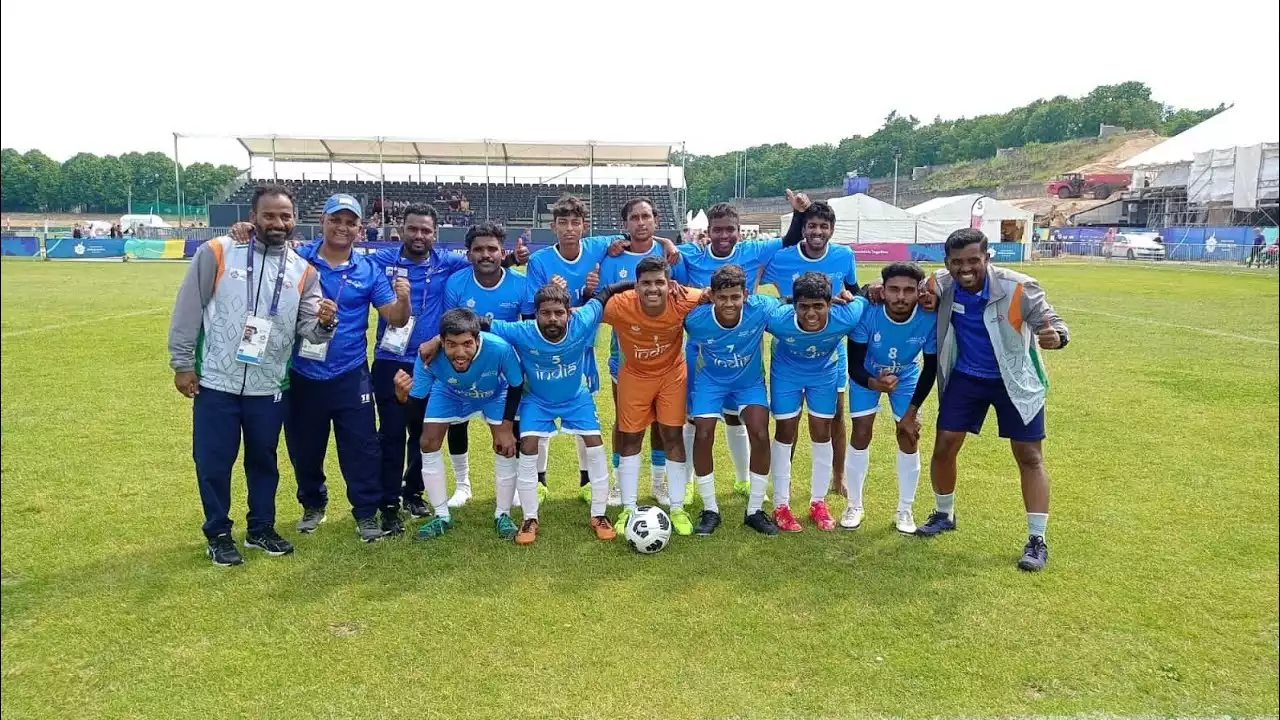History and significance of the tournament
The AFC Asian Cup has a rich history dating back to its inception in 1956. Originally known as the Asian Nations Cup, the tournament was created to showcase the talent and passion for football in Asia. Over the years, it has grown in stature and significance, attracting millions of fans and capturing the attention of the global footballing community.
The tournament holds great importance for each participating country, as it provides a platform to showcase their footballing prowess on the international stage. It is a chance for players to represent their nation with pride and compete against some of the best teams in Asia. The AFC Asian Cup not only brings nations together but also plays a crucial role in promoting the development of football in the region.
Participating countries in the AFC Asian Cup
The AFC Asian Cup boasts a diverse lineup of 24 nations, each bringing its own unique style and footballing culture to the tournament. From East Asia to West Asia, the participating countries represent a rich tapestry of footballing talent.
Countries like Japan and South Korea have consistently been strong contenders in the tournament. Known for their technical skills and disciplined play, these teams have a track record of success in both the AFC Asian Cup and other international competitions. Their players possess exceptional ball control and tactical awareness, making them formidable opponents for any team.
The Middle Eastern nations, such as Iran and Saudi Arabia, also make their presence felt in the AFC Asian Cup. With a strong emphasis on physicality and flair, these teams have produced some memorable moments in the tournament's history. Their attacking prowess and passionate fan bases create an electrifying atmosphere during matches.
Traditional powerhouse teams in the tournament
When it comes to the AFC Asian Cup, certain teams have established themselves as perennial powerhouses. Japan, the reigning champions, have a rich footballing tradition and boast a squad filled with technically gifted players. Their possession-based style of play and quick passing make them a force to be reckoned with.
South Korea, another footballing giant, has a long history of success in the tournament. Known for their disciplined defense and lethal counter-attacking abilities, they have consistently challenged for the title. With a talented squad and an experienced coach, South Korea is expected to make a deep run in the AFC Asian Cup.
Australia, although a relatively new entrant to the Asian Football Confederation, has quickly made its mark on the tournament. The Socceroos, as they are known, possess a blend of physicality and technical skill that sets them apart. With a strong domestic league and a growing pool of talented players, Australia has the potential to cause some upsets in the tournament.
Underdogs and emerging teams to watch out for
While the traditional powerhouses command attention, the AFC Asian Cup also provides a platform for underdogs and emerging teams to shine. Syria, a war-torn nation, has defied the odds to qualify for the tournament. Their players' resilience and determination are sure to make them a formidable opponent.
Vietnam, another emerging force in Asian football, has made significant strides in recent years. With a young and talented squad, they possess the ability to surprise more established teams. Their attacking style of play and never-say-die attitude make them an exciting team to watch.
The United Arab Emirates, as the host nation, carries the hopes and expectations of their passionate fans. With the advantage of playing on home soil, they have the potential to upset the established order. Their technical ability and tactical astuteness make them a team to watch out for.
Key players to watch in the AFC Asian Cup
The AFC Asian Cup is a showcase of talent, and there are several key players who are expected to make a significant impact on the tournament. Takehiro Tomiyasu, a rising star from Japan, is known for his versatility and defensive prowess. His ability to read the game and make crucial interceptions has made him an integral part of the Japanese national team.
Hwang Ui-jo, the South Korean striker, has been in scintillating form leading up to the tournament. With his clinical finishing and intelligent movement, he has the potential to top the goal-scoring charts. His partnership with Son Heung-min, the Tottenham Hotspur forward, could prove to be a lethal combination.
Iran's Sardar Azmoun, often dubbed the "Iranian Messi," is a player who consistently delivers on the big stage. With his exceptional dribbling skills and goal-scoring ability, he poses a constant threat to opposing defenses. His performances will be crucial to Iran's chances of success in the tournament.
Tactical analysis of participating teams
Each team in the AFC Asian Cup brings its own unique tactical approach to the game. Japan, for instance, focuses on dominating possession and playing quick, intricate passes. Their fluid movement and ability to exploit spaces make them a challenging opponent to break down.
South Korea, on the other hand, excels in their defensive organization and quick transitions. Their compact shape and disciplined pressing allow them to win the ball back quickly and launch dangerous counter-attacks.
Iran relies on a solid defensive structure and a patient build-up play. With their emphasis on discipline and organization, they are a difficult team to break down. Their ability to control the tempo of the game and capitalize on set-pieces often proves decisive.
Past performances and records of top teams
Japan has been the most successful team in the history of the AFC Asian Cup, having lifted the trophy a record four times. Their technical superiority and consistency over the years have been key to their success. South Korea follows closely with two titles to their name, highlighting their dominance in Asian football.
Iran, despite being one of the strongest teams in the continent, has yet to win the tournament. However, their consistent performances and notable runs in the competition make them a formidable opponent. Australia, after joining the AFC, has made an immediate impact, winning the tournament in 2015.
Predictions and expectations for the tournament
The AFC Asian Cup promises to be a highly competitive tournament, with several strong teams vying for the title. Japan and South Korea, with their rich footballing traditions, are expected to be strong contenders. However, Iran and Australia, with their recent successes, cannot be underestimated.
Underdogs like Syria, Vietnam, and the United Arab Emirates have the potential to cause upsets and make a deep run in the tournament. Their hunger and determination could be their driving force.
Ultimately, the AFC Asian Cup is a celebration of football, uniting nations and showcasing the diversity of Asian football. As fans, we can look forward to high-quality matches, thrilling moments, and unforgettable memories.
Anticipation for the AFC Asian Cup
As the AFC Asian Cup approaches, excitement is building among football fans around the world. The tournament represents a chance for nations to come together, showcasing their footballing talent and cultural heritage. It is a celebration of the beautiful game and the unity it brings.
The AFC Asian Cup has a storied history, and each edition adds new chapters to its legacy. As we eagerly await the kick-off, we can only imagine the drama, passion, and joy that will unfold on the pitches of Asia. The dreams of 24 nations will collide, and only one will emerge victorious, etching their names in footballing history.










